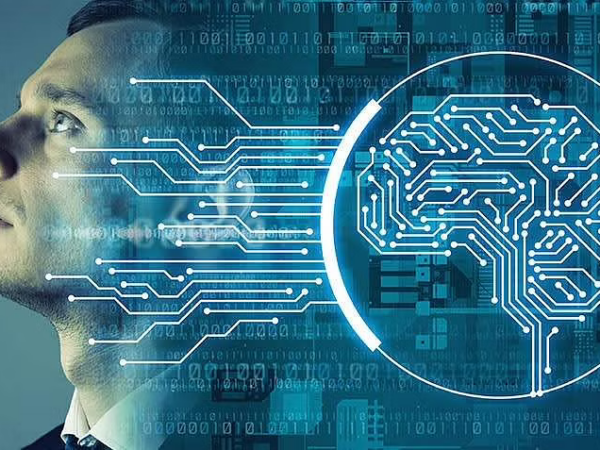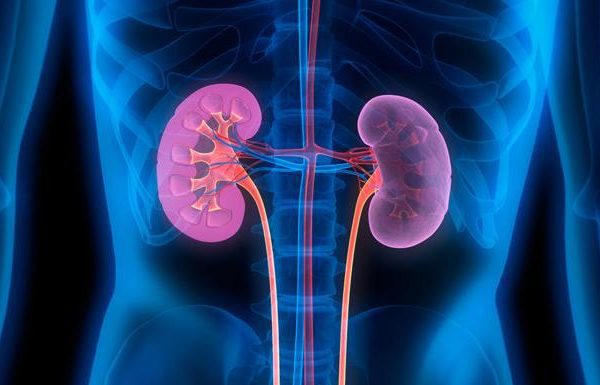The Impact of Technology: Navigating a Digital Landscape

In our rapidly evolving world, technology has woven itself into the fabric of our daily lives. From the moment we wake up to the time we rest our heads on our pillows, we interact with digital tools, devices, and platforms. But what are the true impacts of this technological revolution? Let’s delve into the multifaceted effects of technology on our society, economy, and environment.
The Promise and Peril of Digital Technologies
The Upside:
Digital technologies have the potential to make our world fairer, more peaceful, and more just. They can be powerful tools for achieving the 17 Sustainable Development Goals set by the United Nations. Consider these examples:
- Healthcare: AI-enabled technologies aid in diagnosing diseases, extending life expectancy, and saving lives.
- Education: Virtual learning environments and distance education programs open doors for students who would otherwise be excluded.
- Public Services: Blockchain-powered systems enhance accessibility and accountability, while AI streamlines bureaucratic processes.
The Downside:
However, technology is a double-edged sword. It threatens privacy, erodes security, and fuels inequality. The digital divide persists, leaving behind women, the elderly, persons with disabilities, and marginalized communities. Algorithms, if not diverse, can perpetuate bias. As stewards of this digital future, we must choose wisely how we harness and manage these innovations.
The Future of Work: Adapt or Perish
Technological revolutions have always reshaped the labor force. This current wave of change promises profound impacts. For instance:
- Green Economy: Sustainable practices in energy, electric vehicles, and energy-efficient buildings could create 24 million new jobs globally by 2030.
- Automation: While some jobs become obsolete, others emerge. Adaptability and reskilling are critical.
Transforming Lives: The Power of Technological Change
Agriculture and Poverty Reduction:
- Improved crop yields and agricultural technologies have reduced hunger and poverty.
- Access to energy, electricity, sanitation, and clean water has transformed billions of lives.
The Challenge Ahead
As we navigate this digital landscape, we must address critical questions:
- How do we balance progress with privacy?
- Can we ensure that technology benefits all, regardless of gender, ethnicity, or location?
- What ethical frameworks guide our choices?
In Conclusion
Technology is not merely a tool; it shapes our world. Let us wield it wisely, ensuring that its impact is positive, equitable, and sustainable. The future is digital, and our choices today will echo through generations to come.
Remember: We are the architects of this digital age. Let’s build a world where technology serves humanity, not the other way around.











